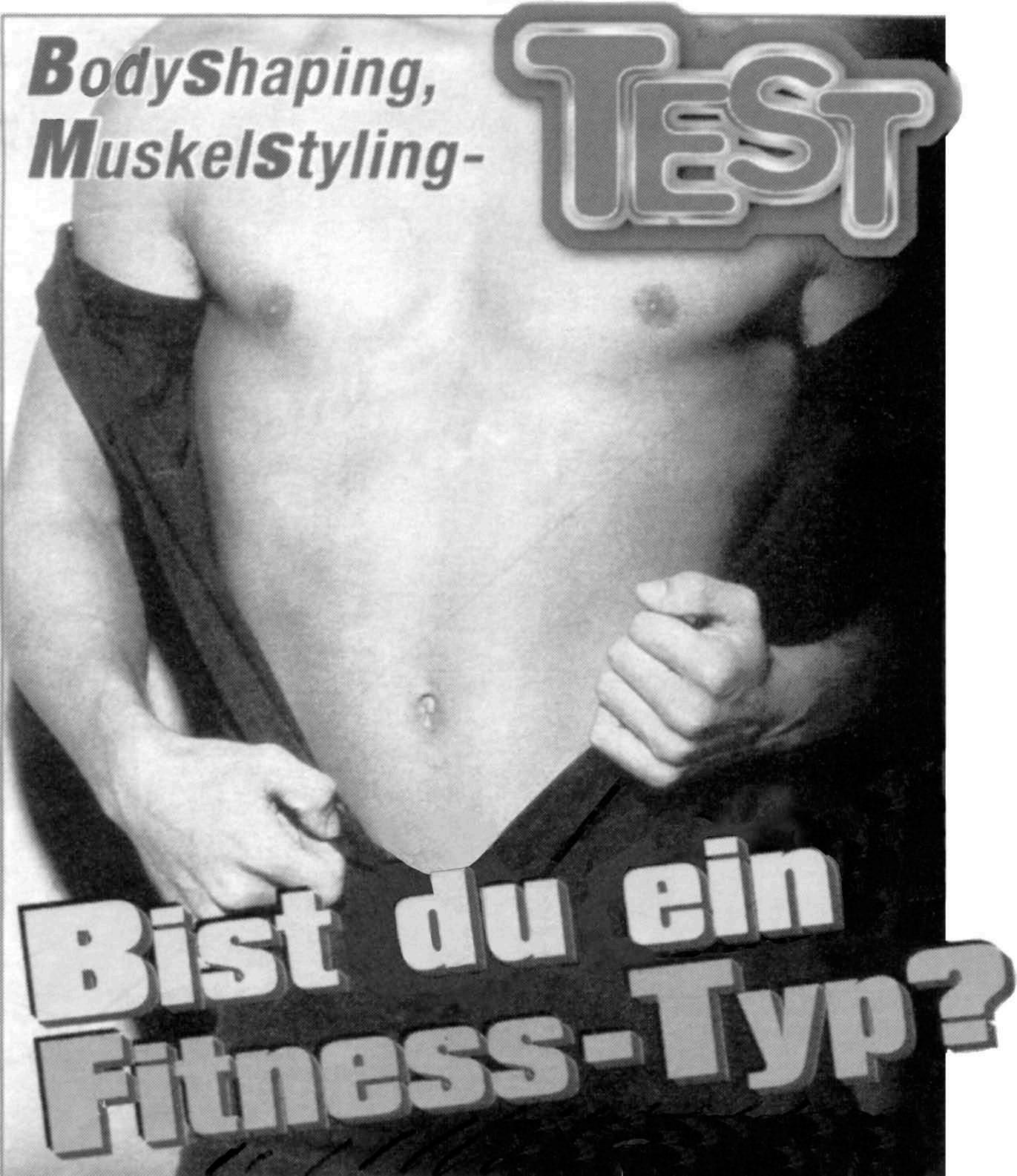6.7 haben or sein in the perfect?
with haben
87
with sein
future
ich du es wir ihr sie
werde wirst wird werden werdet werden
machen machen machen machen machen machen
werde wirst wird werden werdet werden
singen singen singen singen singen singen
werde wirst wird werden werdet werden
bleiben bleiben bleiben bleiben bleiben bleiben
future perfect
ich du es wir ihr sie
werde wirst wird werden werdet werden
gemacht haben gemacht haben gemacht haben gemacht haben gemacht haben gemacht haben
werde wirst wird werden werdet werden
gesungen haben gesungen haben gesungen haben gesungen haben gesungen haben gesungen haben
werde wirst wird werden werdet werden
geblieben sein geblieben sein geblieben sein geblieben sein geblieben sein geblieben sein
NB The auxiliary verb in red is the finite verb, i.e. the part that agrees with the subject (see 6.2). In a main clause, this comes in second position, while the other parts go to the end of the clause (see 9.1), e.g. Susi hat eine Expedition an den Nordpol gemacht (Susi has made an expedition to the North Pole). NB Note how in all compound tenses except for the future tense, the main verb is in the past participle form. In the future tense, the main verb is in the infinitive form (compare the present passive (6.8), which uses the past participle!).
6.7 haben or sein in the perfect? Whether the perfect tenses are formed with haben or sein depends on the meaning of the verb. Most verbs, including all TRANSITIVE VERBS and REFLEXIVE VERBS, form their perfect tenses with haben, but the following groups of verbs use sein:
intransitive verbs of motion: Herr Steiger ist nach Köln gefahren. Sie sind gerade aus dem Haus gegangen. Sie war beim Skifahren hingefallen.
Herr Steiger has gone to Cologne. They have just gone out of the house. She had fallen over while skiing.
intransitive verbs expressing a change of state: Sie sind schon eingeschlafen. Das Licht ist ausgegangen. Die Bombe war um elf Uhr explodiert.
They have already gone to sleep. The light has gone out. The bomb had exploded at eleven o’clock.
most verbs meaning ‘happen’, ‘succeed’, ‘fail’: Was ist hier passiert? Der Plan war fehlgeschlagen.
What has happened here? The plan had failed.










